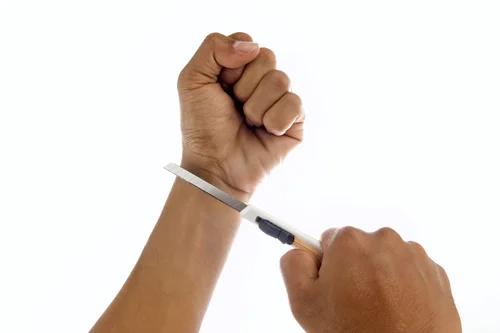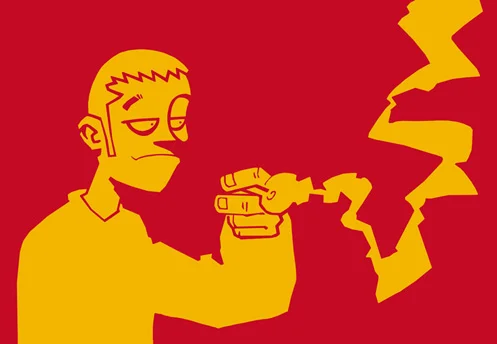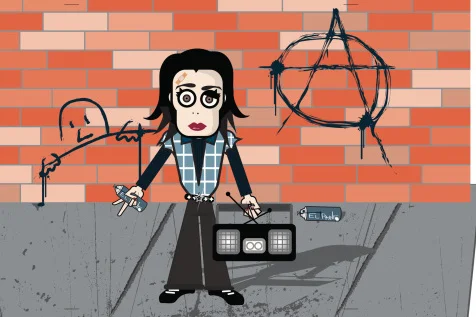+1 845 259 2974 (11 a.m to 7 p.m CST)
Teens and Drugs: Why parents should not let their guard down

When people find themselves in a destructive relationship, the best thing for them to do is to simply walk out of it. Unfortunately, this is easier said than done, especially in the case of recovering drug addicts. Driven by the love and concern for their children addicted to drugs, parents leave no stone unturned to pull them out of the pit. The sight of their offspring inflicting physical, emotional and social harm upon themselves is simply too much for the mother and father to bear.
When dealing with teenage drug addiction, parents often find themselves caught up in a dilemma over trusting their child during the recovery process. While doubting the willingness of the kid to reform can be injurious to the cause, keeping a close watch on them during the recovery process is critical to its fruition. Therefore, a certain level of distrust must be maintained. This stance becomes more comprehensible once certain factors are taken into consideration.
The storm before the calm
The recovery process can quickly turn into a nightmare for teen due to the withdrawal effects that they experience in the aftermath of abstention from drugs. Time in rehab is not easy for teens. These effects include but are not limited to vomiting, uncontrollable shaking, body aches, nausea, loss of appetite and inability to think clearly. The relapse truly puts the perseverance of a recovering drug addict to test. Since there is a possibility for the teen’s resolve to weaken during the acute withdrawal stage, parents must be prepared to act when and if required.
The overwhelming temptation
The addiction of drugs is what makes them extremely dangerous. Despite making an honest commitment to break free of the iron grip of drugs, they may fail to fight off the strong craving and eventually succumb to it. The availability of much-needed support and encouragement to resist these temptations would be ensured if parents closely monitor their kid during the recovery process.
Escape from mental confinement
A significant majority of teens addicted to drugs consider it as a source of liberation and strength. It does not only give them the confidence which they seem to lack otherwise, but also helps them to think clearly. During the recovery process, they may struggle to adjust to hold their own, which is why parents should be around to instill self-belief in them.
Family matters
Family therapy plays a vital role in the success of a drug addict undergoing recovery. The latter needs all the help that they can get to go through with it. It is crucial that parents and siblings do whatever they can to assist the teen in overcoming the addiction for good.
It is important to understand that keeping a close watch on the teen recovering from drugs is not a case of trust deficit, but is in fact a case of much-needed vigilance.























